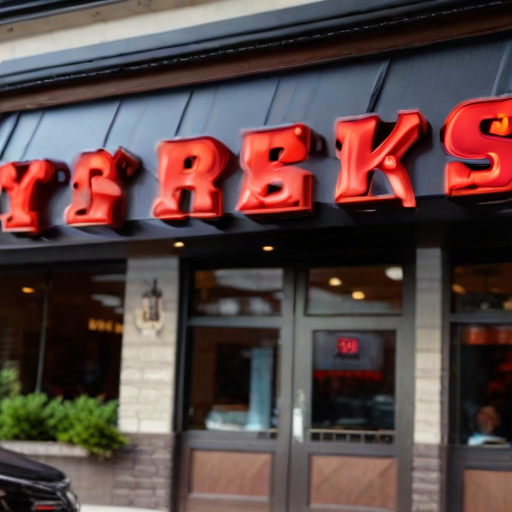TGI Fridays Inc., a well-known casual dining chain famous for its burgers, wings, and loaded potato skins, has initiated Chapter 11 bankruptcy proceedings in Texas, aiming to sustain its operations amid challenging economic conditions. With a history spanning over 50 years, TGI Fridays operates 39 locations in the U.S. and filed for bankruptcy protection in the Northern District of Texas on Saturday. The company has reported assets and liabilities ranging between $100 million to $500 million, while its intellectual property remains intact and operates under 56 franchisees in 41 countries.
Rohit Manocha, the executive chairman of TGI Fridays, expressed that the bankruptcy filing was a “difficult but necessary” step to safeguard the interests of various stakeholders, including both U.S. and international franchisees and employees. He elaborated that the financial strains were primarily influenced by the COVID-19 pandemic and the company’s capital structure. The restructuring efforts, according to Manocha, aim to enhance the corporate structure of the remaining restaurants so that they can thrive in the future.
The decision to file comes at a time when casual dining establishments across the United States are facing severe financial challenges. Recently, the number of TGI Fridays locations plummeted from 213 to 163 in just a few days, compared to 270 at the start of the year. The chain continues to maintain a presence globally, with over 461 restaurants around the world.
Challenges in the casual dining sector have been noted by Mike Geisler, an expert in retail real estate, who remarked on a “funk” in the industry, predating the pandemic. Competition from quick-service dining establishments has contributed to this trend. While companies like Chili’s have successfully reinvented themselves to attract a younger clientele, others, including TGI Fridays, have struggled to adapt, resulting in the necessity for bankruptcy and restructuring.
In addition to providing a pathway for TGI Fridays to renegotiate leases and shed unprofitable locations, this bankruptcy could also signal opportunities in the real estate market, as available locations may open up due to the closures of struggling restaurants. Other establishments like Buca di Beppo and World of Beer Bar & Kitchen have also sought Chapter 11 protection, indicating a broader trend of financial adjustments in the dining industry prompted by shifts in consumer behavior and rising operational costs.
While TGI Fridays faces significant hurdles ahead, maneuvering through this restructuring process could position the brand for a revitalized future, reaffirming their commitment to delivering quality dining experiences that resonate with evolving consumer preferences. This phase may ultimately lead to innovative strategies that can help restore the chain’s former vibrancy and relevance in the competitive restaurant landscape.
